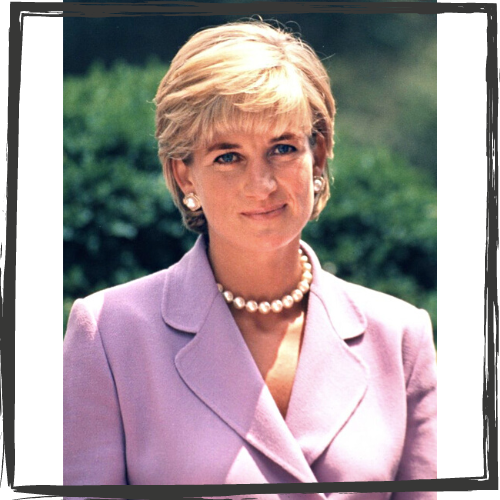By Sarah Wayland, The Conversation
"The thought of her, as always, gave me a jolt of hope and a burst of energy and a stab of sorrow."
Prince Harry’s reflection on his mother, Princess Diana, who died unexpectedly when he was just 12 years old, appears in his memoir Spare, released in January. In fact, the bestseller is marketed as a story about the “eternal power of love over grief.”
The book’s revelations, retold in high-profile TV interviews and featured in his Netflix series, chart the prince’s experience of mourning the traumatic death of his mother in public with media intrusion and its long-term impacts. On face value, Prince Harry may share typical symptoms of people suffering “complicated grief,” but not everyone agrees with the ways he shows it so publicly.
The myth of ‘time healing all wounds’
It’s been more than 25 years since Diana died after a high-speed car crash in Paris traffic tunnel trying to elude paparazzi. With his family’s immense privilege, it’s easy to assume the need to explore the layers of grief that shape his experiences have passed their expiration date.
However, the idea of “time healing all wounds” is a myth. Pain can be ongoing and silencing it can worsen it. The public, health professionals, the media and family can all silence someone’s grief by minimizing discussions about a lost loved one. Twenty years working with grieving people and researching grief reminds me of the countless people in my counseling rooms reflecting on the stinging words someone says to them: “it’s time to move on.”
When people struggle to make meaning of the life they are forced to live after the loss of a loved one, it can lead to long term reactions known as complicated grief.
He was so young
Grief isn’t just about who was lost, but when the loss occurred. Prince Harry was still a young boy when his mother passed away.
Psychologist Erik Erikson has shown in his research that this developmental period between childhood and adolescence oscillates between a child seeking a sense of identity versus confusion about where to “fit” in the world. It’s a time when youth explore values, beliefs and ideas about who they might become as adults. This stage of development is impacted deeply with the loss of a parent to guide them.

When such a significant loss happens at this life stage, a child can become destabilized for a long time – well into adulthood – especially when the death is related to an external cause, such as an accident. Prince Harry has shared details about this destabilization and the strain between himself and his surviving parent.
Long-running studies show that children who have lost a parent eventually develop resilience and forthrightness. Yet, traumatic memories of both the event and the impact of that loss remain just under the surface.
Prince Harry’s accounts of his experiences are reminders of what can happen for children who have experienced trauma. His perspective on the ways his wife, Meghan, was treated in the media and by his family may have triggered this past trauma.
So what helps?
Grief will impact wellbeing throughout a person's life, especially if the loss occurred during childhood. When helping children manage their grief, personal agency is key. They need to choose their own ways to grieve and they need to be heard.
This may mean choosing not to attend performative activities, such as funerals, or openly sharing their experiences at school, work or with families. This may mean getting angry.
Even with access to therapy or family members to speak to, grief eventually shows up in our thoughts, behaviors and actions. There is no discreet way. Grief is both sorrow and hope.
Read the original article here.
Sarah Wayland is a social worker and health researcher with two decades experience working in Australian healthcare. She is an associate professor at the University of New England in New South Wales.


